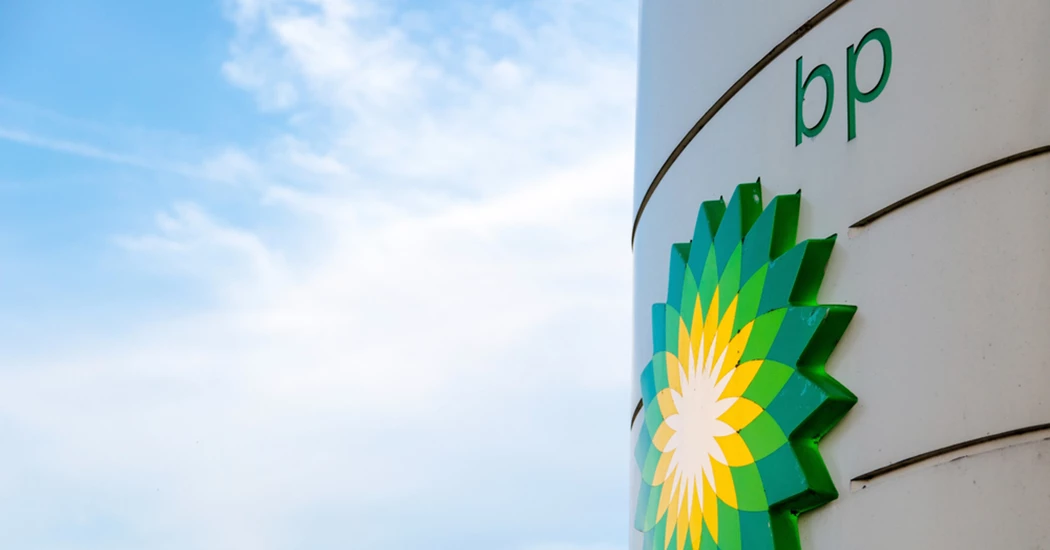bp and Libya’s NOC sign deal to explore redevelopment of major oilfields
bp signed a memorandum of understanding (MoU) with Libya’s National Oil Corporation (NOC) to explore the redevelopment of two of the country’s largest oilfields, Messla and Sarir, along with nearby exploration areas.
Under the MoU, bp and NOC will jointly conduct feasibility studies to assess the technical and commercial viability of restarting production at the oilfields, which were previously among Libya’s most productive assets. This includes looking into both conventional and unconventional oil and gas resources across a broad area of the Sirte Basin.
“This agreement reflects our strong interest in deepening our partnership with NOC and supporting the future of Libya’s energy sector. We hope to apply bp’s experience from redeveloping and managing giant oil fields around the world to help optimse the performance of these world-class assets," said William Lin, bp Executive Vice President Gas & Low Carbon Energy.
bp also confirmed plans to reopen its office in Tripoli by the end of 2025. The move marks a significant step toward restoring the company’s physical presence in Libya and demonstrates a renewed confidence in the country’s operating environment.
This announcement comes amid a wider trend of international oil companies returning to Libya. Shell, for instance, signed a separate agreement with NOC to evaluate the Atshan field. Other global players like Eni, OMV, and Repsol are also active in Libya once again, reversing the withdrawal that followed the 2011 revolution and subsequent civil unrest.
Libya is currently Africa’s second-largest oil producer and a key member of the Organization of the Petroleum Exporting Countries (OPEC). The country’s output has recently stabilied at around 1.385 million barrels per day. With the redevelopment of major fields and new exploration, production levels could rise significantly in the coming years.
Beyond Libya, bp is pursuing major expansion efforts in Iraq. Earlier in 2025, the company finalised a deal with Iraq’s Ministry of Oil to help redevelop the Kirkuk oilfields. These projects—encompassing the Bai Hassan, Avana, Baba, Jambur, and Khabbaz domes—are expected to yield more than 3 billion barrels of recoverable resources, with the potential for up to 20 billion barrels.
Together, these developments point to bp’s strategic push to re-enter frontier and post-conflict energy markets, combining legacy assets with fresh exploration. For Libya, renewed international investment offers the potential for greater economic stability and a stronger presence in the global oil market.





